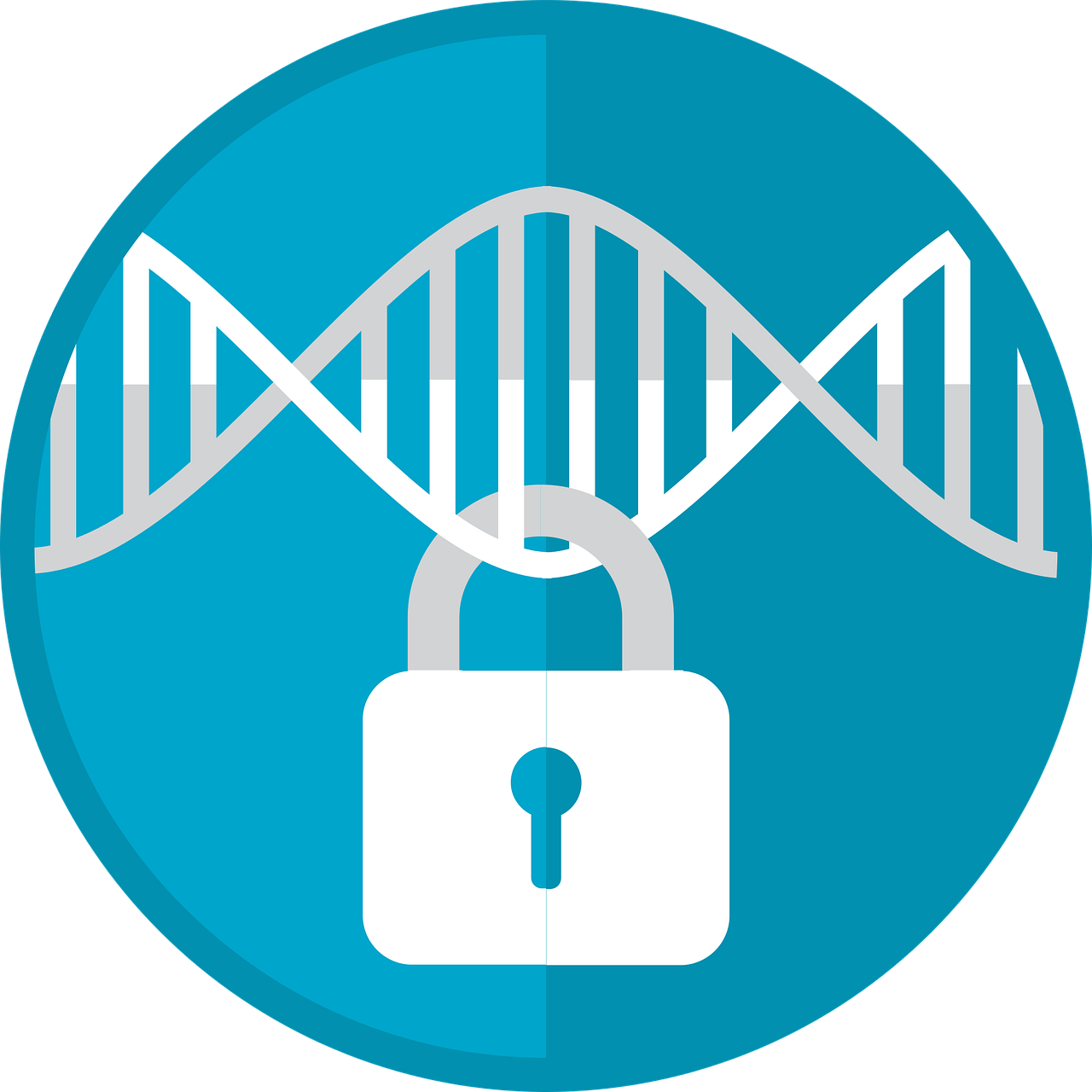Epigenetics
Epigenetics
After completing this lesson, you should be able to:
- Explain what is meant by gene expression.
- Explain what is meant by a "gene-environment interaction"
- Discuss the implications of epigenetics on the study of behaviour
Before completing the module below, please read the section of the textbook called Epigenetics and depression. When reading this section, please take notes on the following important concepts:
- Epigenome
- Gene-environment interaction
- Gene expression
- Genetic vulnerability
Checking for understanding
Epigenetics is actually rather complicated. For IB psychology you do not need to understand the process of methylization in genetic transcription, but you should understand the most basic concept of gene expression - that is, that genes are turned on and off. So, you could have a gene, but it is not expressed. One of the most common ways in which genes are expressed is due to stress. More specifically, stress hormones appear to play a key role in genes being expressed. Modern research is looking at the possibility that genes that are expressed may be passed down "as expressed" to the next generation.
Read the following excerpt from an article in the Guardian.
Yehuda (2015) carried out a genetic study of 32 Jewish men and women who had either been in a Nazi concentration camp, witnessed or experienced torture, or who had had to hide during the second world war.
They also analysed the genes of their children, who are known to have an increased likelihood of stress disorders, and compared the results with Jewish families who were living outside of Europe during the war.
The team was specifically interested in one region of a gene associated with the regulation of stress hormones, which is known to be affected by trauma. According to Yehuda, “If there’s a transmitted effect of trauma, it would be in a stress-related gene that shapes the way we cope with our environment.”
They found epigenetic tags on the very same part of this gene in both the Holocaust survivors and their offspring, the same correlation was not found in any of the control group and their children. Through personal interviews, the team ruled out the possibility that the epigenetic changes were a result of trauma that the children had experienced themselves.
Thinking critically about research
How convincing do you find the study by Yehuda (2015)? What concerns would you have if someone told you that psychologists have proven that trauma can be inherited?
There are a few reasons that we should be skeptical of this research. First, the sample size is very, very small. Only 32 in the trauma group and only eight in the control group! They had also decided which genes to look at prior to the study. This deductive approach may be making some false assumptions about the nature of trauma. Finally, there is much debate about the role of trauma vs the role of constant stressors. It could well be that living in the environment of a Holocaust survivor may create a level of stress that is not found in the average Jewish home. A much larger sample would need to be used and genetic information would have to be obtained much earlier in the lives of the target group.
Now that you have had some time to think about the article above, you should be aware that there is evidence that one's epigenome may be inherited. However, so far, most of this evidence is in animals.
Scientists at Emory University in Atlanta trained male mice to fear the smell of cherry blossom by pairing the smell with a small electric shock. Eventually, the mice shuddered at the smell even when it was delivered on its own.
Despite never having encountered the smell of cherry blossom, the offspring of these mice had the same fearful response to the smell - shuddering when they came in contact with it. So too did some of their own offspring.
On the other hand, offspring of mice that had been conditioned to fear another smell, or mice that had had no such conditioning had no fear of cherry blossom.
Checking for understanding
A psychologist carries out a twin study and finds that there is a 43% concordance rate for depression in monozygotous twins. Applying your understanding of epigenetics, why is it not 100% if they have exactly the same genes?
Epigenetics has taught us that we don't just have to have a gene, but that gene must be expressed in order for a behaviour - such as bipolar disorder - to exist. What does this mean about the "deterministic nature" of genes? In other words, if I have the gene, is it my fate to develop bipolar disorder? Explain why or why not.
You have been asked to go to the pre-IB biology class and explain the concept of the "gene-environment interaction" - that is, epigenetics. Using Caspi's study, how would you explain this concept?
Continue to Research methods in genetics

 IB Docs (2) Team
IB Docs (2) Team

